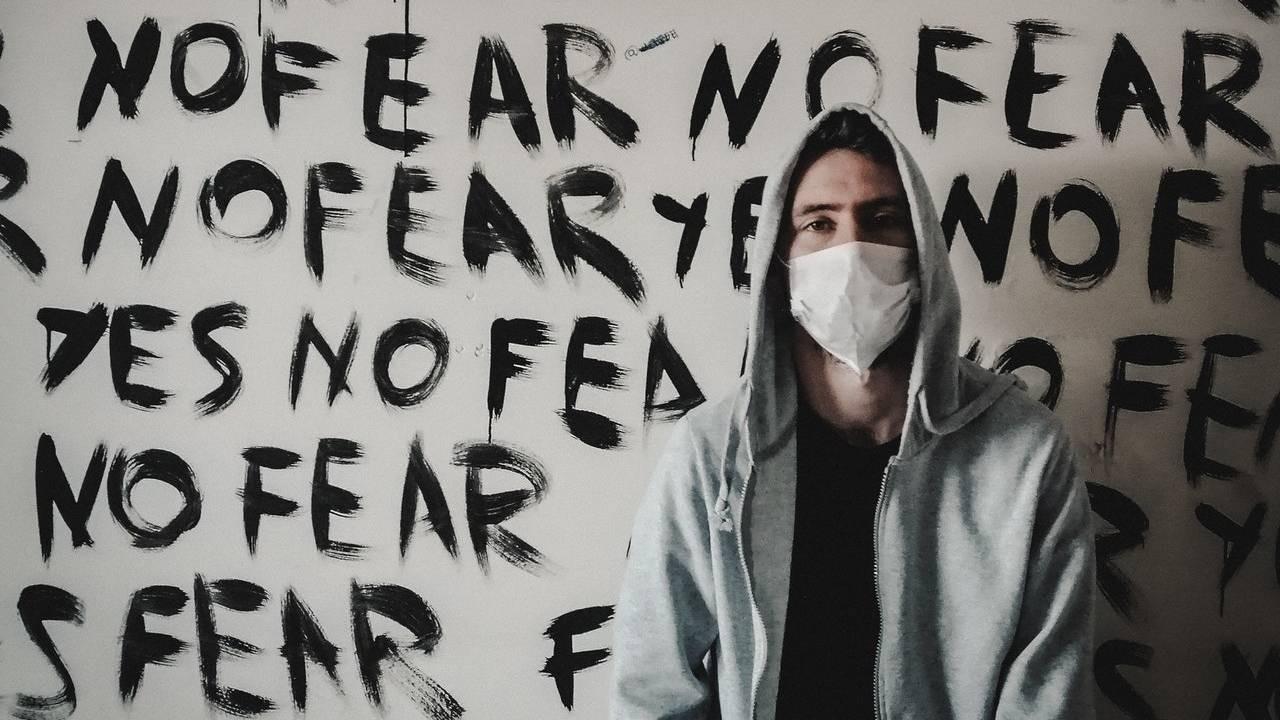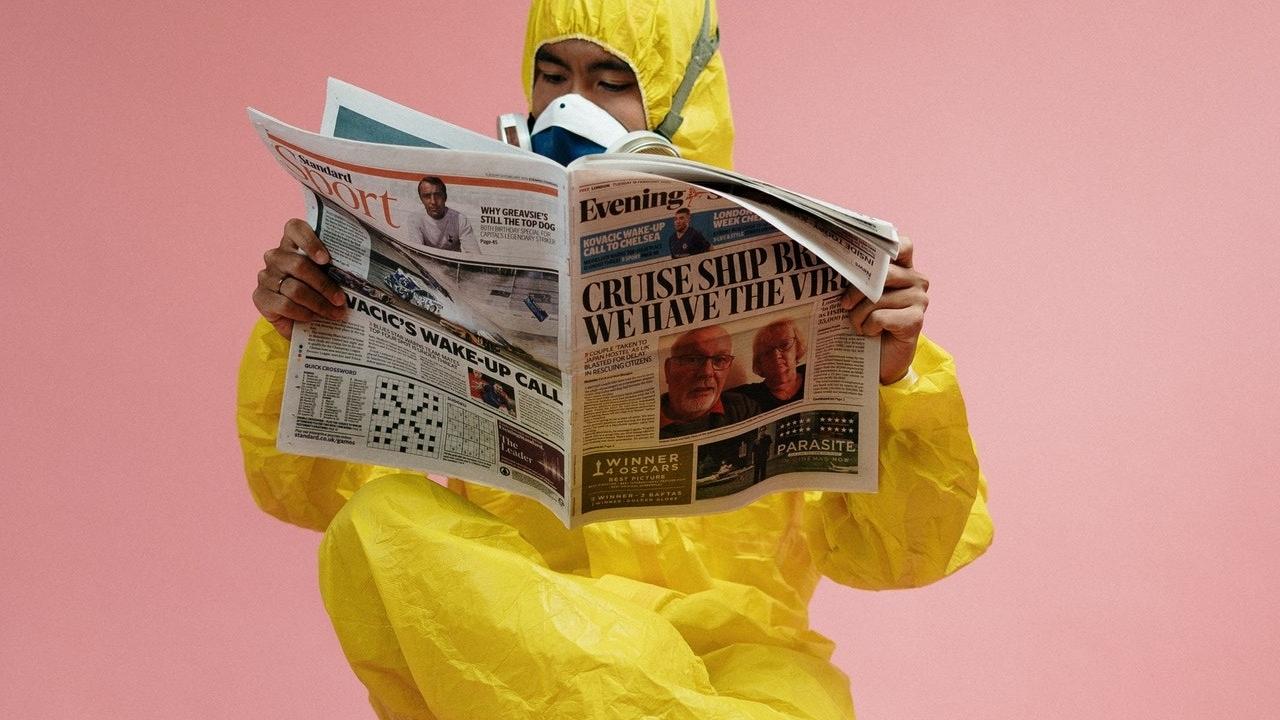Staying Calm during COVID
Welcome to our Wellbeing during COVID-19 resources blog. Each of our blogs links directly to one of our 6 rules for keeping calm during the COVID crisis.
The power of words when writing about fear; success from adversity.

There was exciting news this week for J K Rowling fans. Her latest story The Ickabog will be published online for free as a means of keeping children entertained during lockdown.
Rowling’s personal history is both humbling and inspirational. Her persistence, despite poverty to pursue her writing ambition is remarkable. It would be difficult to imagine our lives Harry Potter-less, so great was her success.
Whether you enjoy her writing or not, her personal struggles and rise through resilience have born about some delightful quotes that can inspire us all.
This blog post offers a little of her history and 16 wonderful quotes to inspire strength through adversity.
The use of fear for good, and when it goes bad

Fear is a hugely useful asset in the management of public safety.
To caveat this blog, this is not a political piece. Rather, it is an example of leadership and the lessons we can learn from Dominic Cummings outings and the handling of that news this week.
This week, I heard the use of fear within government leadership during the pandemic described as “it (fear) must wear an iron fist with a velvet glove”.
This week, it feels like the velvet gloves were accessorised with a hooded cape. ‘Rule of fear’ has now become ‘fear and loathing in lockdown Britain’.
As a democratic society, the value of our freedom is possibly one of our most important attributes. When we were instructed to stay home on the evening of the 23rd March, we accepted that this restriction on our liberty was for our collective safety.
We had no option but to put our trust in our leaders. And to their surprise, we the public followed the guidance with much greater compliance than they, the government, expected. We...
When the words around us affect the way we feel.

In 2014 I was introduced to a book with a brilliant premise. Look Who’s Back by Timur Vermes is the story of Adolf Hitler awakening in 2011 (in full regalia) and with confusion on many people’s parts, inadvertently becomes a modern day satirical TV star.
The part I was most surprised about, is that the book was written in German by a German author. References to war and Hitler in Germany are not dissimilar to the “he who shall not be named” references in the Harry Potter franchise, a country where it remains a criminal offence to give a Nazi salute.
It’s not surprising then, to read that the vernacular around the pandemic in Germany has been vastly different to that in the UK.
Our own leadership has been likened to Churchill’s rhetoric during wartime Britain. We’ve been subjected to plenty of war analogies and metaphors with the likely intent of creating enough fear within us to force us into taking lockdown very seriously.
By contrast, Germany has typically avoided war metaphors ...
The kindness of strangers

The kindness of strangers will never, ever fail to move me.
There have been so many examples shared with us: key workers arriving home to hampers of food, young people offering their patiently awaited first place in the queue to elderly shoppers, and jigsaws and books pushed through the letterboxes of families with small, fractious children in need of entertainment.
By far and away, the most moving story I read this week was of a man desperate to travel home to his family in India. His plight was captured by a photographer and the story reached us here.
Whilst his tale is a sad one, his gratitude towards the woman who helped him so significantly serves as a reminder that you never know how far your act of kindness stretches.
How to find joy

The term ‘infinite present' is actually pretty bleak and could signal despair for some people who have struggled with the situation more than others so far.
In essence, infinite present means we still don’t know when this will end, when (and indeed, if) things will return to normal. All we have is what is here and now.
Making future plans often creates excitement and motivation in some people, so it’s not surprising if you or someone you know is feeling more flat than usual. For those stuck at home, you can add in the lack of stimulation and repetition each day compounding that growing sense of futility.
Anticipating joy is one way of helping shift your brain into a more positive frame. We have talked previously about gratitude forecasting.
How about creating a list of the small but abundantly joyful things you would like to do when this starts to ease? Share this with friends, enjoy their list - talk about the times you’ve experienced these things together. Even if it’s something...
Change your perspective to better understand others and yourself.

The way in which companies are managing the new ways of working can polarise opinion
We’ve seen examples of companies who use punitive methods and threats which have a (not surprisingly) negative effect on their employees’ wellbeing and productivity.
Our heightened anxiety levels mean keeping calm and carrying on isn’t an option. We need to take a moment to breathe (and find calm), take a pause and ask ourselves what we and our teams really need right now? This article gives a great breakdown of how our brain and body respond to the coronavirus quarantine.
Companies, good companies, want their employees to feel safe and valued. We’re all continuing to, or are returning to work during a hugely stressful event.
Using a 5 minute check-in with your team members is invaluable. Using this method, I listened to one colleague describe her frustration with another colleague’s constant and repeating questions.
After allowing her space to air her frustration, she paused and reflected that ...
What 6 shipwrecked teenagers can teach us about surviving harmoniously in a crisis.

“He found himself understanding the wearisomeness of this life, where every path was an improvisation and a considerable part of one's waking life was spent watching one's feet.” William Golding; Lord of the Flies.
This quote from Lord of the Flies could well describe our current circumstance. Every path is an improvisation as we try out new ways of living as safely as possible with the virus. Watching our step as we head outside, always conscious of our 2m distancing. Weary from the worry.
Of course there’s a huge difference between our current existence and that of the school boys marooned on a desert island in William Golding’s 1954 book, Lord of the Flies,. But, there are lessons that we can draw on.
Sensing a change in our world order with the onset of the virus there was the panic buying of basic necessities - the need to fulfil our body’s physical survival (although there are no accounts in the media of anyone sustaining on stockpiled toilet roll!).
Satisfied with our horde...
How to stop time feeling like an energy thief.

With the lack of end-game to our current circumstance, people are tiring and finding even everyday tasks a struggle.
If we can’t be upbeat (and let’s be honest, even outside of COVID that’s a hard mood to muster on a Monday morning!), how can we at least stay focused and motivated through the next day, week, month?
Unbidden thoughts can rob you of your focus and, if allowed to fester, can bring your mood down and heighten your anxiety.
Thought: I want to see my Mum...it’s been 8 weeks....I need some comfort from her and to offer her comfort...will I ever get to do that again in person?
Suddenly, the ability to pull that slide deck together or give your attention to a Zoom call has vanished.
A recent article on the learnings a son took from his Navy SEAL Dad shared some great insights on how the strict training programme they receive offers some useful tools we can apply now.
The Four Habits he shares are (in essence): Get a good sleep routine and wake early. Stay active. The imp...
How do we compensate the lack of human touch?

For those living alone, (or even those who aren’t) a lack of human touch has a very real impact.
Matt Hancock’s recent announcement that we might need to refrain from hugging anyone outside of those we immediately live with until a coronavirus vaccine is developed, is somewhat of a hammer blow to those who have been without human touch for over 8 weeks already.
This article asks, is virtual hugging the answer? It sounds like a strange concept, but adapting and compensating may be the stopgap we need.
Touch conveys a huge amount of emotion, that words alone can’t communicate, and studies have shown that touch can reduce levels of the stress hormone cortisol and trigger the release of the serotonin, the hormone that regulates happiness.
It’s not just us humans missing contact. Zoo’s have been monitoring animals in captivity for signs of behavioural change without human visitors. Whilst some species are thriving, others are showing distress. This Japanese aquarium is inviting people...
Everyone is fighting a battle; here are some free tools to help.

As people are making plans for how our professional lives will look going forward, we have been fielding a huge number of enquiries about how you can help your teams - and yourself, in this next phase of management through the COVID crisis.
We’ve been delivering webinars for various organisations on ‘How to stay mentally fit through the COVID crisis’ and also ‘How to manage your stress and anxiety through the COVID crisis’ which have helped managers and their teams to address simple changes they can make to stay mentally healthy at the moment.
We’ve also been working on a variety of free tools and resources you can access for guidance and reassurance. This includes our free webinar series for managers “how to support your team through the COVID crisis".
Workplace resilience now requires a new perspective, both for how you manage and communicate with your teams, but also, how you manage your own stress and limitations in this new era.
Our second biggest battle, the first being sta...

